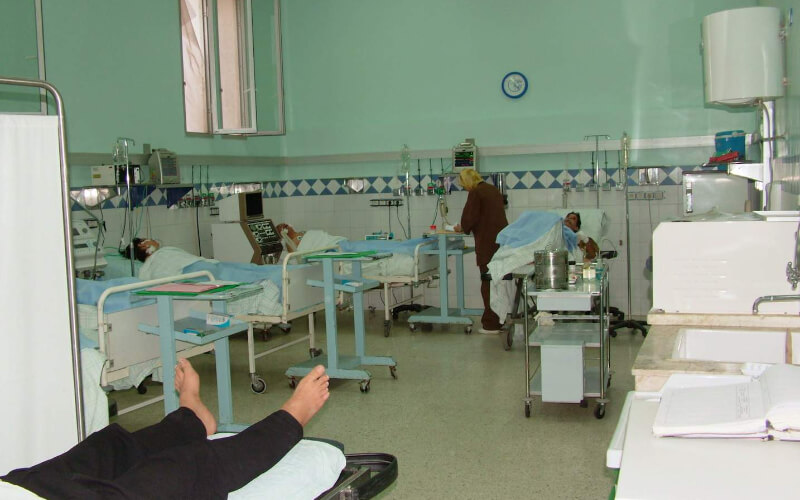Study: COVID-19 Fears and Resource Shortages Reduced Healthcare Access in Morocco

According to a study conducted by the High Commission for Planning (HCP), the lack of resources, combined with the fear of being infected with Covid-19, reduced access to health services during the lockdown period.
In a note on the impact of the coronavirus on the economic, social and psychological situation of households, the HCP indicates that due to lack of resources, access to health services was reduced for 34.2% of chronic patients, 35.6% of occasional patients and 26.2% of beneficiaries of maternal health services.
The fear of being infected by the virus, on the other hand, limited access to reproductive health services for 36% of patients, adds the same source, which specifies that 45.2% of chronic patients who needed a medical examination did not receive care during the lockdown, or 46.6% of men and 44.4% of women, 53.2% in rural areas and 41.4% in urban areas, 48% of the poor and 37% of the rich, 64% of children aged 6 to 14 and 39.2% of children under 5.
Also, 37% of occasional patients were unable to receive care, or 46% in rural areas compared to 33% in urban areas, 41% of men and 35% of women.
Furthermore, 26.2% of women were unable to benefit from pregnancy follow-up or prenatal and postnatal consultations, or 22% in urban areas and 33% in rural areas.
About 21% of women in need of medical follow-up related to reproductive health were unable to benefit from it, or 27% in rural areas compared to 17% in urban areas.
This study, conducted from June 15 to 24, 2020 on a representative sample of 2,169 households, aims to determine the evolution of socioeconomic behaviors and assess their impact on the different segments of the Moroccan population in terms of access to basic products, education, health, employment and income.
Related Articles
-

French Retirees Abroad Face Digital Revolution: Biometric App Replaces Traditional Proof of Life
5 September 2025
-

Fake Colonel Arrested: Massive Fraud Scheme Uncovered in Morocco’s Southeast
5 September 2025
-

Royal Rift: Macron and Morocco’s King Clash Over Pegasus Spyware Scandal
5 September 2025
-

Moroccan Cities Clash: Wedding Halls Spark Noise Pollution Crisis and Human Rights Debate
4 September 2025
-

Rif Protest Leader Zefzafi Breaks Silence: Patriotic Speech at Father’s Funeral Stirs Al Hoceima
4 September 2025